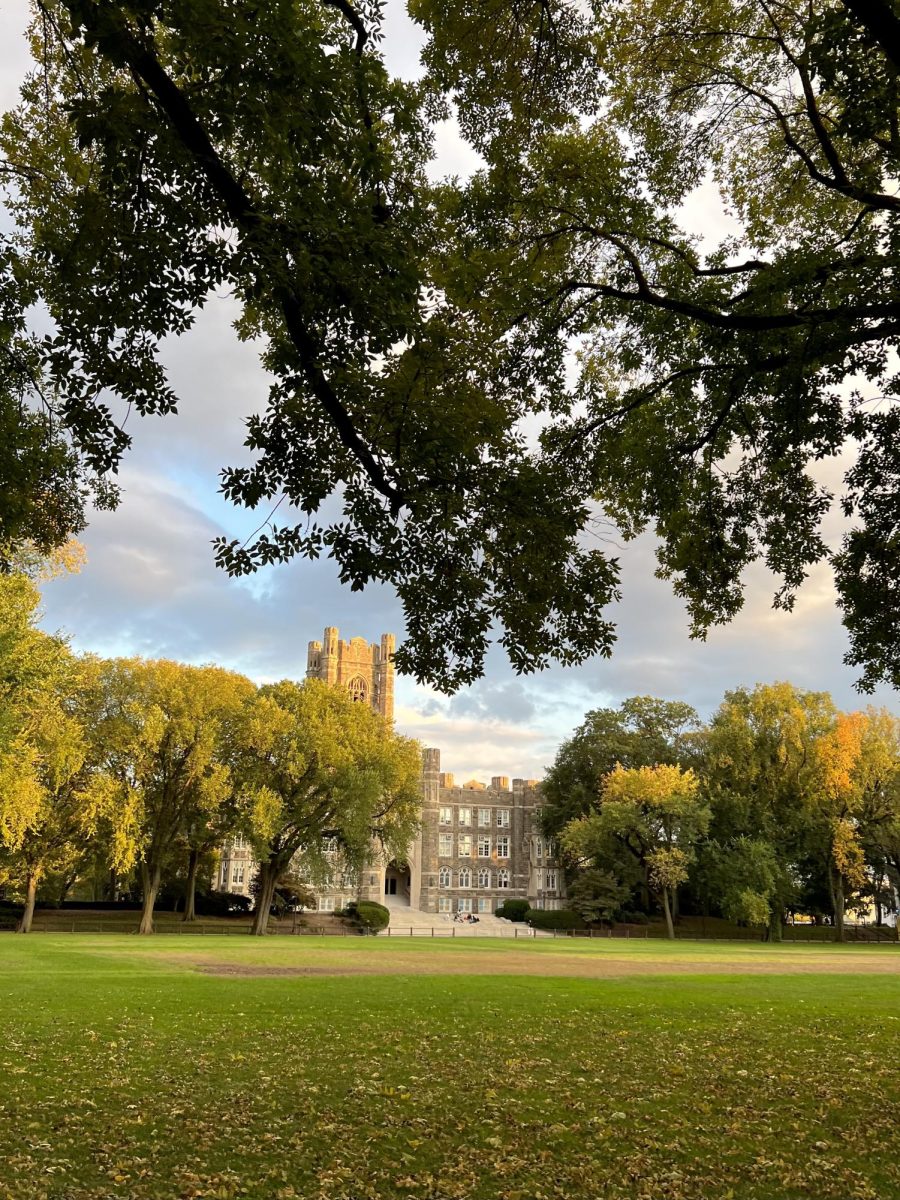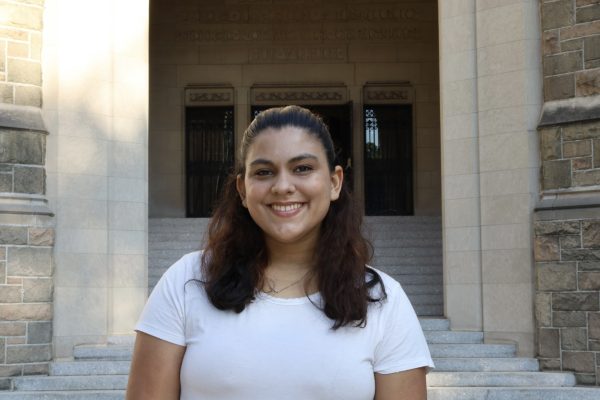Throughout the spring 2024 semester, a group of master’s students in the social work program petitioned the Fordham Graduate School of Social Service (GSS) to reduce the required field practicum hours.
Previously, Fordham University required social work students to complete 950 hours before graduation, despite the national requirement set by the Council on Social Work Education (CSWE) being 900 hours. The students spoke to their professors and deans to ask that the Fordham requirement be reduced to the national requirement.
Due to the nature of the change, Fordham had to submit a request to the New York State Department of Education (NYSED) Office of Professions to change their curriculum. The request was submitted at the end of May. Fordham received word of its approval at the beginning of August.
The master’s of social work students said they felt inclined to address the internship hours requirement because it limited who was able to enter the social work field. Dan Kaminsky, GSS ’25, commented, “[The requirement] is going to severely limit, from a class, race and gender perspective, who is becoming social workers. This undermines the work that we do, which is often in marginalized communities, and we want to have those voices represented in the workforce.”
Kaminsky also explained that there is a high projected need for social workers in the coming years and, therefore, students need to be able to complete schooling for those positions. He commented that with the vast majority of social work students being female comes the historic undervaluing of “feminine” labor.
“Social workers are of immense importance in our state, doing everything from drug counseling to being the number one providers of mental health care and so on,” Kaminsky stated. In order to keep the number of social workers up and make becoming a social worker feasible, the students saw the need for changes.
Grace Laria, GSS ’25, explained that the petitioning came as a result of discussions between classmates about the pressure and struggles they were facing.
“A few of us became friends and we started talking about the issues that we were seeing at our placement, and I think one of our members had the idea of starting a petition that would be asking the administration for funded field placements. Through that process we realized that there was already this national movement called Payment 4 Placements that was advocating for doing this at a national level and it was chapter-based,” she explained.
Payment 4 Placements (P4P) was founded three years ago at the University of Michigan as an organization for students advocating for payment for their labor. The organization now has nearly 50 chapters throughout the country.
“We’re aware that the university would be unable to fund all of our field placements,” stated Laria. She explained that the students starting the Fordham chapter of P4P got some doubt from professors when they would mention the goal of payment. She said that what helped get faculty support was “really just doing a lot of education around us, actually working on state level legislation that would have government bodies paying for or funding our placements, not the universities.”
However, the students did not want to only focus on addressing governmental powers about payment. “Just like any kind of movement that is focusing on economic justice, we know that there’s a lot of things we can work on in the meantime,” Laria commented.
The graduate students decided the field practicum hours reduction should be their first focus because they felt that it was a reasonable thing to address with university administration.
Laria said that she and the other starting members of the P4P chapter launched the petition around March of this year. They emailed professors and asked to talk to classes about P4P and the petition, as well as asking students to fill out a survey regarding how their mental, emotional and financial health was affected by the requirements of the program.
Kaminsky explained that they received devastating results on the qualitative part of the survey, with students saying that they felt like they were drowning, had constant panic attacks, were behind on rent and never had time to see their families.
“The argument can be made that more hours is actually contrary to the needs of learning and this is an argument we made in our pitch during our campaigns. And the argument is that there are studies that show that students who are working and going to internships and school, which is the majority of us, are more burnt out than professionals in the field,” commented Kaminsky.
He stated that even though a 50 hour change in field practicum requirements may not seem major, it did a lot to benefit the students. “Oftentimes, the 50 hours translated to a year’s worth of a third day [per week], not necessarily a full day, but still another day at the internship as opposed to just two,” Kaminsky explained. This allows students more time to work, study or meet their other needs.
The founding students were able to build a much larger community for the P4P chapter after speaking with other social work classes.
“Overall, I think faculty was really supportive of us coming in to make announcements, to be able to share what the campaign was all about. Some of them would make the announcements in their own classes or even work it into their course curriculum,” stated Laria.
The faculty voted unanimously to support the students’ petition before it was sent to the NYSED last spring, which the graduate students expressed great gratitude about.
Kaminsky explained that the P4P chapter is now working on brainstorming their next initiative to help make graduate social work students’ lives better and more equitable.





































































































































































































